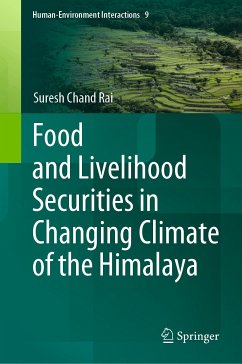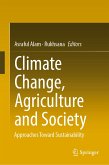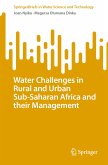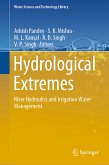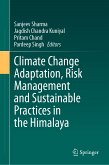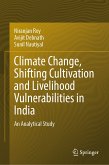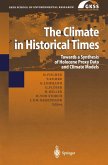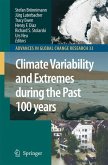This book provides viewpoints on a cross-sectoral, multiscale assessment of food and livelihood security in changing climate, the main global threats of the 21st century. Climate change, directly and indirectly, influences several aspects of food security, primarily in the farming and livestock sectors. The farming sector is the main source of income and employment for about 70% of the Himalayan populace. However, there has been no such study that has comprehensively covered these aspects.
Additionally, the book offers critical mitigation measures to adapt to climate change and other uncertainties. The agricultural diversities and livelihood security in the Himalayan region will be sustainable only if farmers applied suggested mitigation measures correctly.
This title is appropriate for postgraduates and research scholars of social sciences, environmental sciences, and agricultural sciences. Regional planners, government officers, NGOs, and many other people who are interested in the Himalayan region as well as local communities will be also beneficial.
Dieser Download kann aus rechtlichen Gründen nur mit Rechnungsadresse in A, B, BG, CY, CZ, D, DK, EW, E, FIN, F, GR, HR, H, IRL, I, LT, L, LR, M, NL, PL, P, R, S, SLO, SK ausgeliefert werden.

